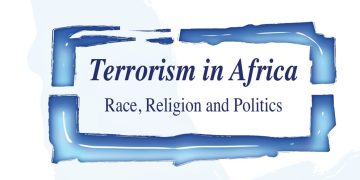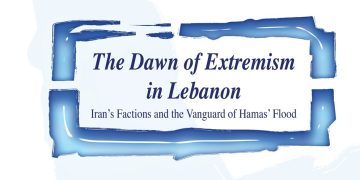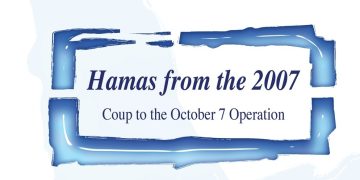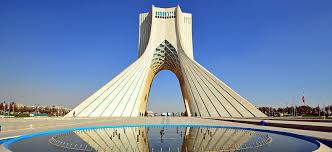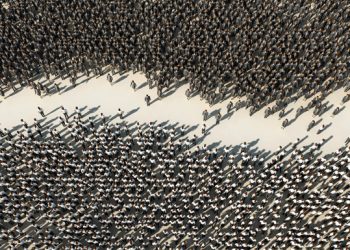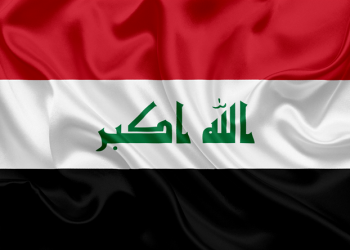By Joseph Braude
A report published Wednesday by the Center for Human Rights in Iran finds, as has been widely observed, that the Iranian government blocked social media and Internet nationwide in order to disrupt the growth of anti-government demonstrations. The report describes an Internet clampdown capacity unmatched by any Arab government during the mass demonstrations of 2011-’12.
In other unsurprising news, a handful of demonstrators who were jailed and released since the onset of protests describe extreme, ongoing torture in Iran’s Evin Prison. As protests taper, a critical mass of demonstrators maintains a presence outside the prison, demanding information about their loved ones behind bars. The number of detainees is estimated to exceed 3,000.
Another earthquake has struck the southern province of Kerman Thursday, registering 5.1 on the richter scale but inflicting minimal damage.
Meanwhile, in American discourse, a consensus is emerging that the demonstrations will not amount to revolution in Iran. A substantive article in The Atlantic by Vali Nasr, an admired Iran specialist at Johns Hopkins University’s School of Advanced International Studies, argues that robust participation by Tehran’s urban middle class would be a necessary condition for “regime change,” but no such trend has come to pass. Protests drew their numbers instead from poorer citizens in outlying areas. Better-off Tehranis remain comparatively content thanks to President Rouhani’s economic reforms, Nasr says. So American portrayals of a seismic struggle for transformative sociopolitical change, emanating from the White House and the American right, are in Nasr’s judgment unfounded.
With American elites increasingly reconciled to the endurance of clerical rule in Iran, the debate is returning to the binary question of whether to waive or reimpose sanctions — in essence, whether to scrap the Iranian nuclear pact. Reuters reports an internal debate in the White House, with top advisors urging another waiver and Trump still on the fence. The Associated Press divines greater certitude in the White House: Trump has more or less determined to extend the waiver for another 120 days, a reporter finds, but will impose more minor sanctions in response to the Iranian crackdown on demonstrators.
Other journalists are meanwhile broadening their inquiry to more ambient news about Iranian society and domestic policies. Public Radio International’s The World offers a human interest story on young Iranian women, including one who studied at Indiana University then returned to Tehran, who are trying to raise awareness about sexual health in the country. The story effectively supports the case for civil engagement between Iranians and Americans, the possibility of which was a plank of the argument in favor of the Iranian nuclear deal. A darker story in The Hill notes a rise in cryptocurrencies such as “bitcoin” in Iran, used as a means to circumvent the deleterious impact of sanctions on the national currency. At the Los Angeles Times, Tehran correspondents note that the regime has lifted the death penalty for some nonviolent drug offenses, a decision that will effect an estimated 5,000 people on death row. In light of a new wave of human rights abuse arising from the crackdown on demonstrators, the reporters find, here is a trend to improve the regime’s record at the same time.
And Turkey is nearly done building a wall — along its 90-mile border with Iran. It is meant to block illegal immigration, smuggling, and the movement of terrorists into the country. So we are told, at least, by the Russian government’s Sputnik News.


